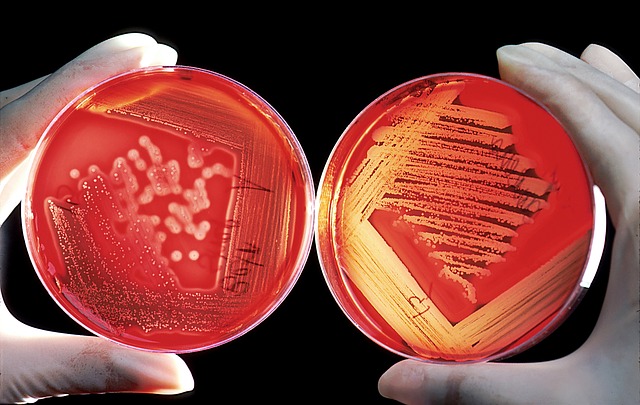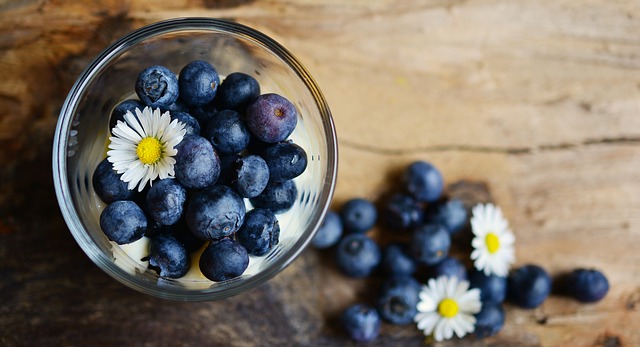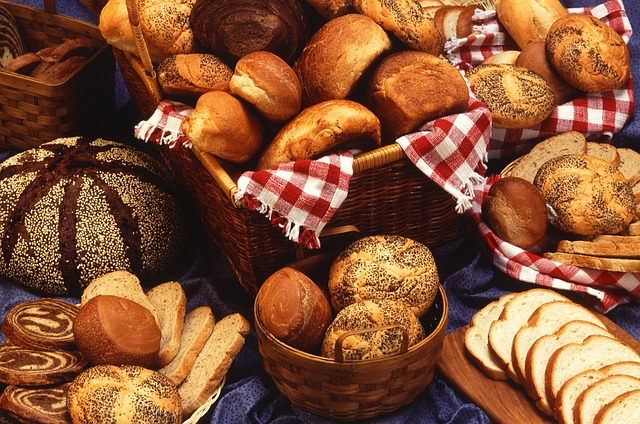Most of us cringe when we hear the word bacteria. While we may get images of sickness-inducing germs, the body needs bacteria to survive–good bacteria that is. Read on to learn just how bacteria affects your gut.
1. Good bacteria Improves your Microbiota

The microbiota in your gut is the population of good bacteria in your intestine. Individuals that focus on adding good bacteria to their diet will be able to contribute to the diverse microbiota in their bodies. Alternatively, people whose diets consist of mostly sugars and fats will find that their microbiota is lacking.
In order to address the issue of adequate bacteria in the microbiota, one needs to focus on eating a wide variety of different types of foods. These include eating more plant-based meals, as this will help you diversify the species of bacteria in your body.
2. A Diet Filled with Good Bacteria Helps to Prevent Disease-Causing Bacteria

It should come as no surprise that not all bacteria are good bacteria. This is why it’s important to absorb biotics and protect your body from the bad bacteria. According to a certain study, people that maintain a diet filled with vegetables and fruits help to eliminate and prevent bad bacteria from growing.
A diet of fruits and vegetables helps to increase the body’s level of Bifidobacteria. This is especially true with blueberries, artichokes, and apples. The fiber in these foods helps to promote beneficial gut bacteria.
3. More Beneficial Bacteria can Improve Lactose Tolerance

Certain studies show that consuming a certain type of beneficial bacteria can modify the type of intestinal bacteria that affects an individual’s tolerance for lactose. By eating yogurt, you will be adding more lactobacilli to your intestines. This bacteria will help ease the symptoms of lactose intolerance.
4. Good Bacteria Can Reduce Inflammation and IBS Symptoms

The lactobacilli in foods like yogurt has several other benefits for your body. The growth of this bacteria helps to reduce bad bacteria like Enterobacteriaceae that has been linked to inflammation and irritable bowel syndrome.
5. Your Body Needs Good Bacteria to Break Down Complex Carbs

After eating foods composed of complex carbs or containing fiber, your body needs a certain type of bacteria in order to break these carbs and fiber down to use as fuel. In order to ensure your body can properly handle any starch in your diet, you need to make sure your microbiota is adequately filled with beneficial bacteria.
6. Gut Microbiota Affects How Babies Develop

The microbiota of babies starts to develop at birth. However, there are some studies that suggest babies risk being exposed to certain bacteria before they are born. As a baby continues to grow, the microbiota develops as well. When breastfeeding a baby, it is important that the mother’s own diet contains beneficial bacteria, ensuring the baby’s microbiota is developing properly. Alternatively, certain studies show that formula-fed infants don’t have the same Bifidobacteria that other breastfed infants have had.
Don’t neglect your body’s need for beneficial bacteria. Tailoring your diet to promote the growth of good bacteria is essential for your long-term health. Let this guide inspire you to start growing some good bacteria.


